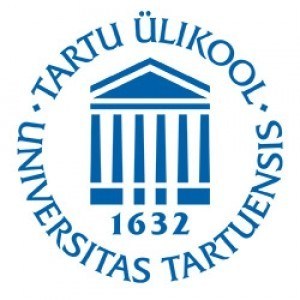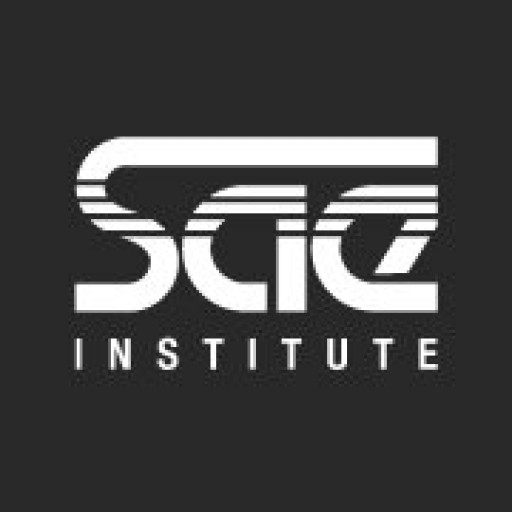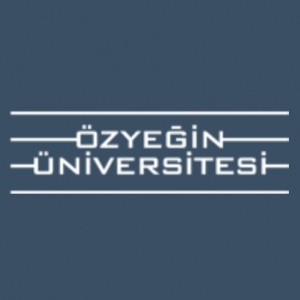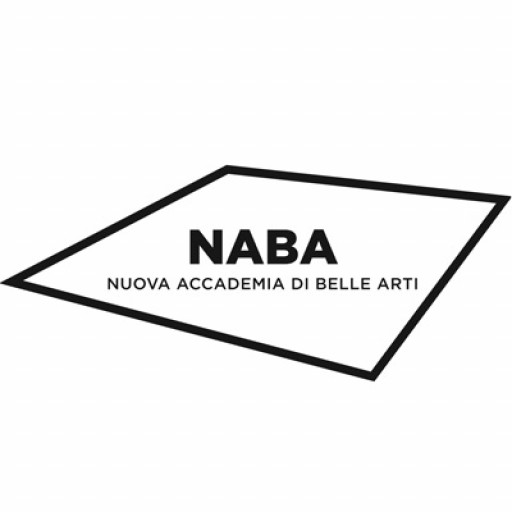Photos of university / #unitartu
Sound engineering stands for the combination of capturing, recording and manipulating of sound with the help of various devices.
Students may choose to specialize in Music- or Film Sound Engineering:
1. The Music Sound Specialisation: the focus is primarily on knowledge and skills related to sound engineering in the field of music. Among these are sound engineering of performances by orchestra, ensemble, quire and solo musicians in the studio and on live stage. The specialisation focuses further at sound editing and procession with different sound and effect processors, as well as all tasks related to music production. All this will be carried within genres from classical over rock up to jazz music.
2. The Film Sound Specialisation: the studies are related to everything which touches upon film sound engineering. Including but not restricted to sound recording on the set, dialogue and music recording in the studio, creation of film sound effects, sound and picture synchronization and the finalisation of film soundtracks in Dolby Surround format.
Depending on the choice of specialization, students will be studying either in Viljandi(specialization: Sound Engineering) or in Tallinn (specialization: Film Sound Engineering). Elective courses can be taken at both universities. All students, regardless of specialization, will spend some time during the period of their studies at both partner universities.
Upon graduation can work as sound engineers or continue their studies on PhD level. Sound engineers work in different fields like the music industry, broadcasting, as well as the TV and film industry. Working locations include but are not restricted to music and film studios as well as various live settings in e.g. concert halls, stadiums, and radio stations.
Programme details:
Title: Sound Engineering Arts
Field of study: music sound engineering, film sound engineering
Degree awarded: Master of Arts (Sound Engineering Arts, Film Sound Engineering Arts)
Faculty/College: Viljandi College, Tallinn University
Language of instruction: English
Length: 2 years
Location: Viljandi and Tallinn, Estonia
Tuition fee: 4000 EUR/year (music sound engineering), 5000 EUR/year (film sound engineering)
Scholarships available: yes
Admission takes place once a year. Applications are accepted between mid-December and April 16 (deadline). Academic year starts on the 1st of September.
Curriculum:
1. Theoretical Courses Module
1.1. Theoretical Courses Module
Acoustic Solfeggio
Music and Audio Aesthetics
Music History
Partiture Reading
Studio Communication, Working With Actors and Musicians
Scientific Philosophy and Methodology
1.2. Theoretical Courses Module
Film Studies I
Film Semiotics
Workshop of Editors: Sound Design and Film Music
Music in Film and History of Film Music
Studio Communication, Working With Actors and Musicians
Scientific Philosophy and Methodology
2. The Module of Practical Professional Skills
2.2. The Module of Practical Professional Skills
ADR (Automatic Dialogue Replacement). Recording and
Editing
Audio Applications and Techniques
Film seminar
Recording Film Sound on Set
Mastering Stereo and Surround Audio Mastering - Finishing
Surround Digital Music and Film Sound Mixing and
Authorizing of Surround Mix
3. The Module of Practical Professional Skills
Audio Applications and Techniques
Recording in Studio
Recording in Natural Acoustical Environment
Mastering Stereo and Surround Audio Mastering - Finishing
Surround Digital Music and Film Sound Mixing and
Authorizing of Surround Mix
3. Module of Optional Courses
ADR (Automatic Dialogue Replacement). Recording and
Editing
Acoustic Solfeggio
Alternative Sequencer Programs, Advanced Pro Tools Study and
Computer Music Programming
Film Studies II
Recording Film Sound on Set
Film Semiotics
Foley Artistry Recording and Editing
Recording in Studio
Media and Sound
MIDI Applications and Film Music
Workshop of Editors: Sound Design and Film Music
Music in Film and History of Film Music
Music and Audio Aesthetics
Music and Computer Technology/ Electroacoustic Music
Recording in Natural Acoustical Environment
Music History
Music Studies
Partiture Reading
Artistic Editing of Demanding Projects
4. Free Electives Module
5. Practice Module
5.1. Practice Module
Studio Project Study
5.2. Practice Module
Film Sound Design Practice
Semester Film I. Adaption of Literature
Semester Film II. Opera - Musical
6. Master's Thesis
General admission requirement:
- Bachelor's degree (or equivalent).
In order to apply you need to:
1. Fill in the online application form. Remember to print it out at the end and sign it, because you also need to send it to us. You also need to upload copies of your other documents so we can start checking them. When you register to fill in the application form, you will receive an applicant code, which gives you access to your account to track your application status.
2. Mail the printed and signed application with all the required documents by the deadline (April 16) to: International Student Service, University of Tartu, Ülikooli 18, Tartu 50090, Estonia
What kind of documents do you need to apply?
- online application;
- motivation letter - guidelines and evaluation criteria are listed on the programme homepage;
- official copy of the Bachelor's diploma or its equivalent and Diploma Supplement (transcript/mark sheet) in the original language*;
- official translation of the Bachelor's diploma and Diploma Supplement (transcript/mark sheet) into English, translation certified;
- proof of the English language proficiency(TOEFL 69/70, IELTS 5.5, Cambridge English FCE grade B, CAE 45 points, CPE, PTE Academic 59 points, exceptions listed on web);
- copy of the passport page stating the applicants personal particulars.
- CV;
- Portfolio (see details on the programme homepage).*
Please note that all copies of educational documents (diploma and diploma supplement/academic transcript) must be officially certified: bear an original seal and a signature of an authorized official of the issuing school/university. Copies of education documents can also be certified with an Apostille. Some country specific requirements also specify the way documents must be certified. Applicants graduating and having their diplomas issued later than application deadlines (in July, for example), must send an application form and the most recent official Transcript of Records by the required deadline.
Want to improve your English level for admission?
Prepare for the program requirements with English Online by the British Council.
- ✔️ Flexible study schedule
- ✔️ Experienced teachers
- ✔️ Certificate upon completion
📘 Recommended for students with an IELTS level of 6.0 or below.
Tuition fee:
Music Sound Engineering 4000 EUR/year
Film Sound Engineering 5000 EUR/year
Tuition-waiver scholarships are available for the best applicants. Students receiving this scholarship do not have to pay the tuition fee if they complete full-time study load (30 ECTS per semester). If it turns out that they do not complete full-time study load per semester, they have to pay tuition fee per missing credit point below the required 30 ECTS.






